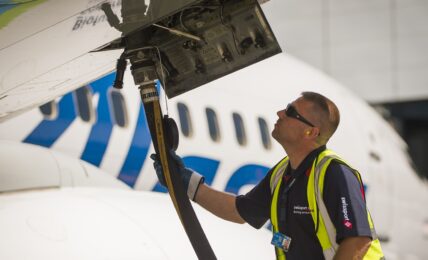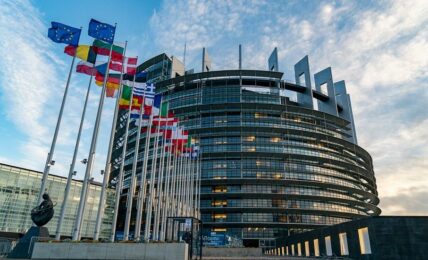Manulife Investment Management company Hancock Natural Resource Group announced today the acquisition of 89,800 acres of forested land in Maine, classified as an impact-first investment.
The acquisition follows a set of climate goals launched earlier this year by Manulife, including a commitment to target net zero portfolio emissions by 2050, and plans to continue growing its green investments portfolio.
Sarah Chapman, Global Chief Sustainability Officer at Manulife, said:
“We are pleased to have the opportunity to acquire a significant impact-first asset which continues the execution of our climate action plan we shared in May when we committed to accelerate the development of investment strategies for those interested in natural climate solutions that capture even more carbon per dollar invested.”
The company stated that the acquisition is an opportunity to integrate natural climate solutions into its investment decisions. The timberlands will be used primarily to store carbon, and Manulife may opt to sell the carbon credits as offsets or use the carbon removals in order to meet its net zero goals.
Tom Sarno, Global Head of Timberland Investments, Manulife Investment Management, said:
“We are well-positioned to seek positive climate impact and to invest in assets to create carbon sequestration and other conservation opportunities derived from forests for the benefit of our clients. We believe impact-first investments can meet the needs of those who are interested in offsetting carbon emissions and who may value other positive environmental or social impacts as well as generating financial returns.”
The acquired property is a contiguous block of timberlands in Somerset Country, Maine, with a diverse mix of naturally regenerated spruce-fir and northern hardwood tree species. The block will be used for sustainable stewardship practices as a working forest and will be a subject to a working forest conservation easement with recreation opportunities.
According to Manulife Investment Management, its timberland and agriculture portfolios have removed averagely 2.24 million metric tons of CO2 from the atmosphere every year over the past 5 years.
Brian Kernohan, Chief Sustainability Officer, Private Markets, Manulife Investment Management, said:
“The amount of carbon a forest can store is directly proportional to the volume of timber in that forest. Advanced light detection and ranging technology for timber volumes in our forests now allow us to measure forest carbon sequestration with improved accuracy – providing investors with even more quantifiable data for carbon storage. We are committed to the proactive management and stewardship of these timberlands to help meet both return and sustainability objectives.”
The post Manulife Advances Net Zero Goals with Acquisition of Timberlands appeared first on ESG Today.



